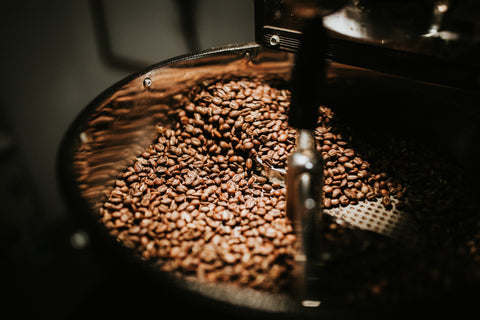Coffee is one of the engines of our society. Our favourite caffeinated drink is essential for many to get going every morning as it stimulates our central nervous system and brain functions. In addition, it keeps us awake, reduces the feeling of fatigue and tiredness, and speeds up metabolism.
On top of all the above mentioned benefits, coffee is also a delicacy, and its preparation, an art form. That is why it is often difficult, if not downright impossible, to imitate the coffee you get from your favourite coffee shop, at home.
If you’ve wondered what you could have possibly done wrong, a recent study published in a scientific journal suggests that this variation is due to an inherent inconsistency in common espresso coffee preparation methods.
The Research
In the research, which involved mathematicians, chemists, materials scientists and baristas, a mathematical model was formulated to simulate the preparation of an espresso under realistic cafè-like conditions. This is achieved by calculating the proportion of solid coffee that ended up dissolving in the cup. This percentage is known as 'extraction yield' and is the key metric used by the coffee industry to evaluate different recipes.

According to the study, a barista must use a smaller amount of coffee beans and grind them a little coarser in order to obtain tasty brews. This way, very replicable and high-performance end products can be achieved. It’s because the reduction in coffee mass causes water to flow faster through the shallower bed of coffee, while coarse grinding results in a relatively permeable bed, so water flow and extraction are smooth and predictable. According to the researchers, this method invariably produces fast flowing, bright, sweet and acidic cups of coffee with consistent taste.
In addition to producing a higher quality coffee, this technique can help reduce coffee waste by up to 25% for each cup of espresso. We are talking about monetary savings of over $1 billion in North American coffee shops alone. On top of that, since less coffee beans would be needed, it also allows for greater environmental sustainability
A Question of Taste
The scientists are well aware that not everyone shares the same flavour profile, so coffee lovers should personalise their coffee by selecting the different roasts that are more suited to their taste buds. It’s no secret that roasting has always been a vital step within the coffee production chain because it alters the initial characteristics of the coffee to produce other organoleptic components that suit different tastes.

Now that you know, why not head to the Faema Montreal store or online, and place an order for your favourite premium quality espresso coffee. You can then apply the scientifically proven brewing technique to create a cup of coffee that’s both delicious AND mathematically perfect from the comfort of your own home.




